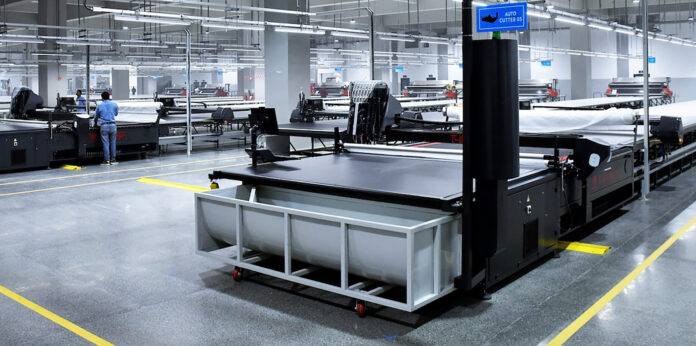Interloop Ltd, the Faisalabad-based hosiery giant best known as a contract producer for Nike, Adidas and H&M, announced this week that it has acquired the European operations of Bonnie Doon, an American sock and leg-wear label founded in 1957. The deal, whose price has not been disclosed, hands Interloop control of Bonnie Doon’s European presence.
For Interloop, the purchase represents much more than geographic expansion; it is a decisive step from “factory floor” to “front shelf” – ownership of a consumer-facing brand with heritage, design capability and established channels. In other words, Interloop is moving up the value chain, seeking fatter margins and direct access to end-customers rather than remaining a price-taker in the low-margin contract-manufacturing game.
Brand ownership gives a company pricing power, design autonomy, and a hedge against cyclical buying patterns of global retailers. If Interloop can integrate Bonnie Doon successfully, it will set a playbook for other Pakistani manufacturers that want to escape the commodity trap.
The timing and the target geography are telling. Of Pakistan’s large textile exporters, Interloop has historically been the most exposed to the United States; roughly 55 per cent of last year’s shipments headed for American warehouses, according to company filings. That reliance has become a strategic vulnerability since Washington introduced a 29% tariff surcharge on several hosiery and synthetic-blend apparel lines in late 2024, ostensibly to bolster domestic manufacturing. The content in this publication is expensive to produce. But unlike other journalistic outfits, business publications have to cover the very organizations that directly give them advertisements. Hence, this large source of revenue, which is the lifeblood of other media houses, is severely compromised on account of Profit’s no-compromise policy when it comes to our reporting. No wonder, Profit has lost multiple ad deals, worth tens of millions of rupees, due to stories that held big businesses to account. Hence, for our work to continue unfettered, it must be supported by discerning readers who know the value of quality business journalism, not just for the economy but for the society as a whole.To read the full article, subscribe and support independent business journalism in Pakistan









